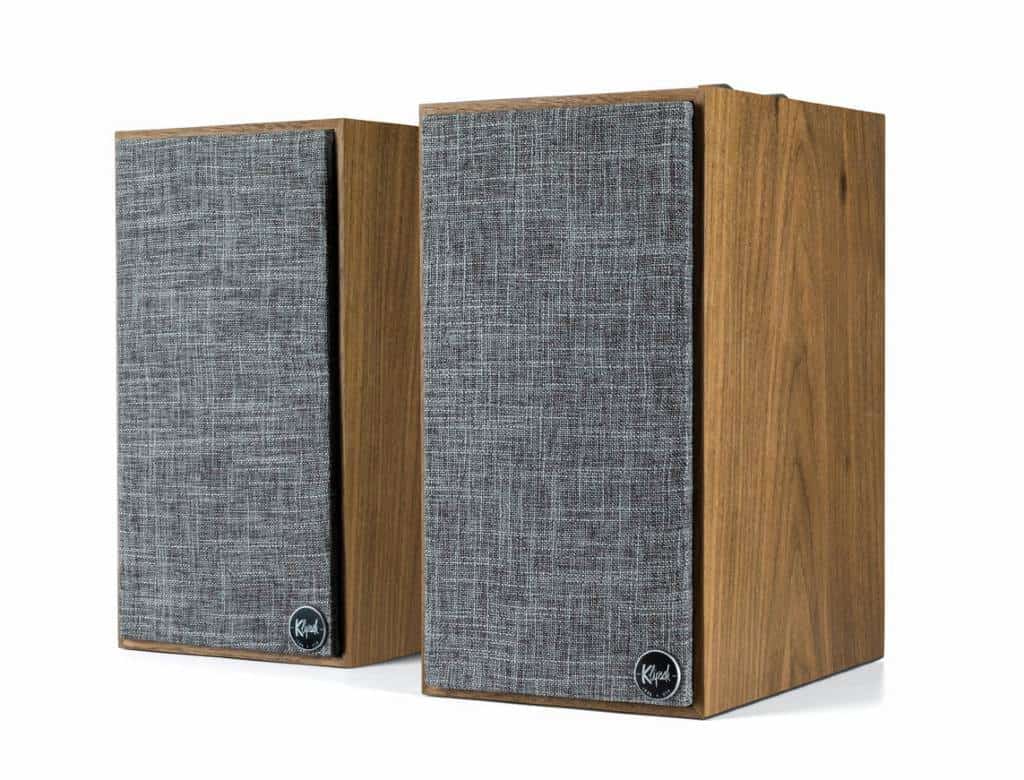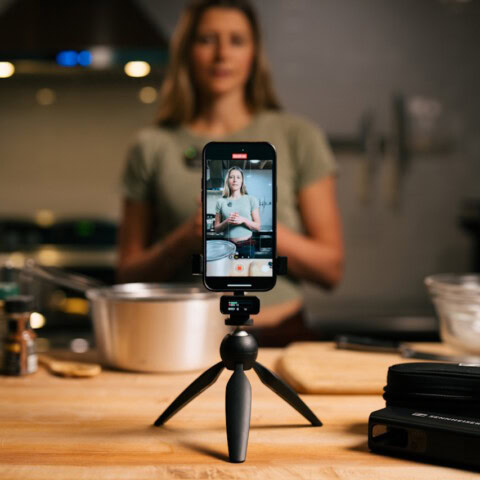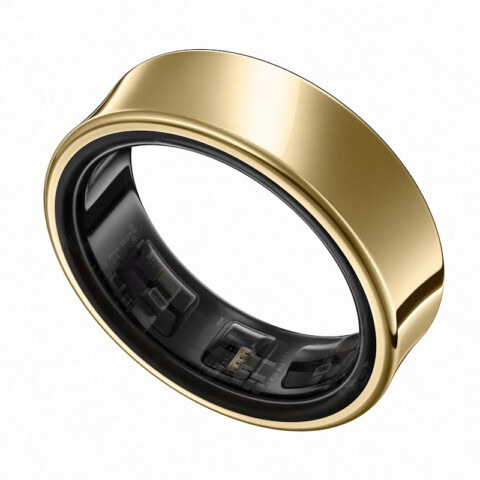Oppo Watch REVIEW
Summary
Oppo Watch REVIEW
Oppo’s new smartwatch looks an awful lot like Apple’s latest smartwatch, but PAT PILCHER is knocked out by both its design and functionality.
$599 (46mm)
$399 (41mm)
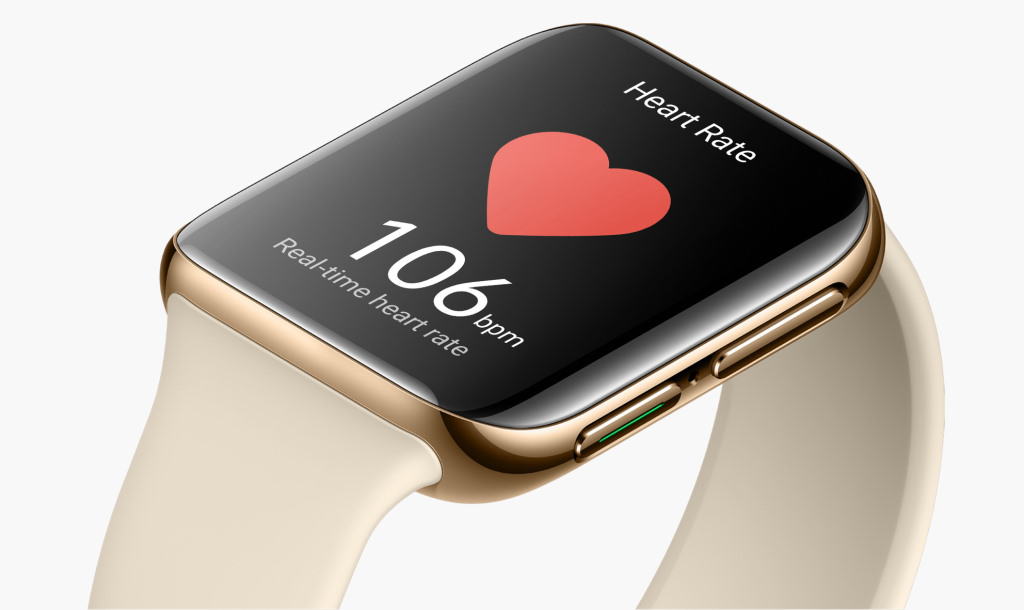
Oppo is wasting no time filling the void left by Huawei as US Government sanctions aimed at crippling the company continue to bite. Already a sizeable player in the global market, Oppo launched the Oppo Watch in NZ last week. It’s also Oppo’s first Wear OS effort. It mightn’t be terribly original, but it is beautifully implemented. Here’s our take.
The Oppo Watch comes in two sizes: 41mm and 46mm. Its curved rectangular design looks to be a well-executed copy of the Apple Watch. About the only real difference is that instead of the annoying and fiddly Digital Crown control, Oppo has sensibly opted for two buttons along its right-hand side. This isn’t a bad thing though, as the Apple Watch’s design is gorgeous. So, marrying that with Google’s software must be a match made in heaven, right?
It might resemble an Apple knock off, but it is a well-made knock-off. Crafted out of alloy and glass under which sits a gorgeous 1.91-inch AMOLED 326ppi display, everything about the Oppo Watch feels top-notch. It also has a ceramic back. Unlike plastic-backed watches, it isn’t a sweat magnet, even if the supplied strap is silicon rubber which can cause skin irritation. Thankfully, the straps are user-replaceable.
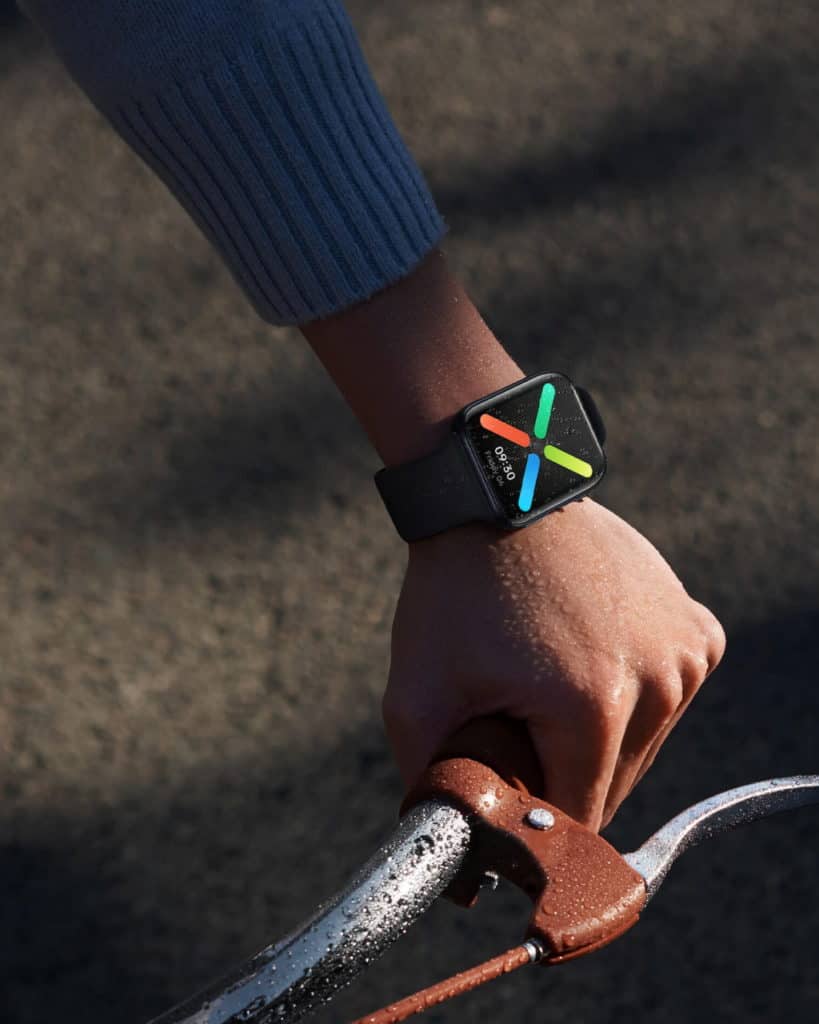
A downside is that the Oppo Watch runs Wear OS. Its sizeable 430-mAh battery (for a smartwatch) typically gives a 30-hour run time (your mileage will vary depending on how you use the watch). This means it needs charging daily. That said, firing up the Power Saver mode stretches battery life out to a whopping 21 days. The trade-off with this is that while you get basic functionality – including step count, heart rate, notifications and the date/time – other more advanced features get disabled. Another downside of needing daily charges is that you need to be organised to avoid charging at night it so can track your sleep. On the upside, it’s Oppo hardware, so it uses super speedy VOOC Flash Charging. In practice, this translated to going from dead to fully charged in just under an hour.
The Oppo Watch tracked how long I slept as well as my sleep quality by telling me how much light, deep, slumber sleep and awake time I had. I was surprised to note that it doesn’t track REM sleep, which is odd given the Fitbit sense and the Huawei GT2 Pro already both do so.
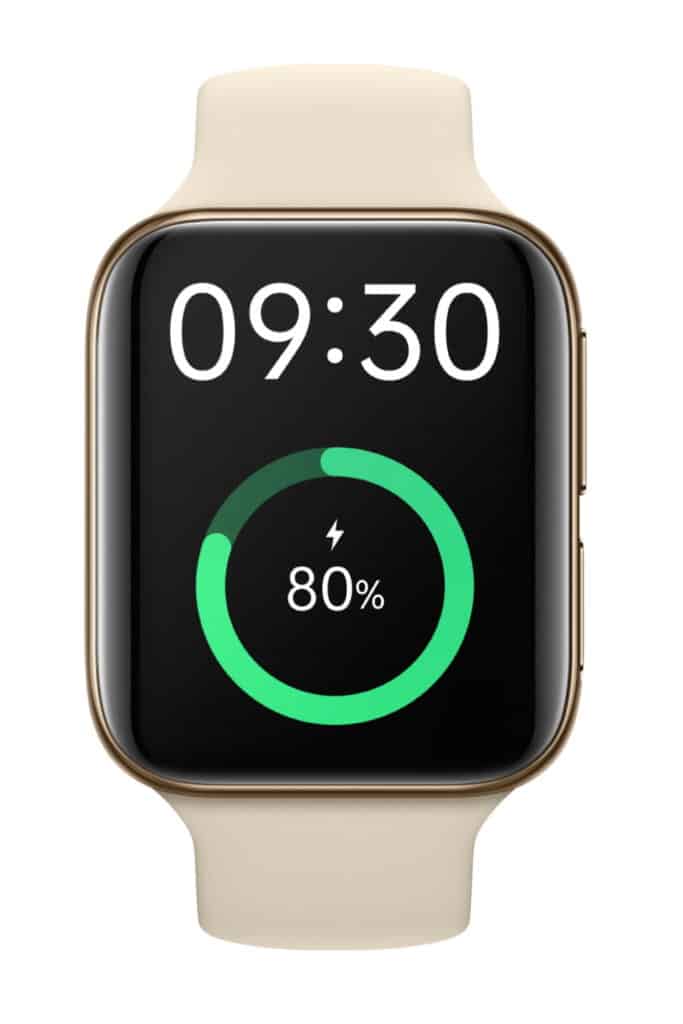
As you’d expect from a smartwatch, there’s also a pile of fitness goodies baked in. The most noticeable fitness feature is the five-minute workout videos I got when I’d been sitting on my tosh too long. These saw the watch vibrate and tell me to get moving. If I agreed to haul my ass off the sofa, the watch would display a video with a gym instructor to guide me through one of eight different stretching exercises. As a WFH (work from home) motivator, you’ll either find it extremely useful or incredibly annoying (I found it to be more of the former, not the latter).
The Google Fit app adds a hundred or so exercise tracking options which includes a wide range of sports. The watch prompts you to install the HeyTap Health app which acts as a hub for recording fitness stats, all of which along with heart-rate monitoring and the pedometer worked seamlessly.
The optical heart rate sensor-generated readings were like those picked up by the Fitbit Sense. While step counts were a few steps higher, that was probably due to me not tweaking my stride size. Unlike the similarly priced Fitbit Sense and pricier Apple Watch Series 6, the Oppo Watch lacks an ECG (electrocardiogram) and oxygen saturation tracking.
The rectangular curved screen works well with Wear OS and is driven by swiping. A swipe to the left or right, up or down will scroll through apps or app tiles (which provide potted watch screen-sized info from apps and news sources, etc). Shaking your wrist takes you back to the home screen. There’s a bunch of watch faces bundled. In the companion app, a watch face can also be generated to match the outfit you’re wearing when you submit a photo.
Being an Android Wear OS-powered device, the Oppo Watch comes with pros and cons. Battery life may be the big downside, but you do get a lot of flexibility. If, for instance, you want more running stats, you can download and install Strava which will give every stat you’re likely to need and then some. Likewise, with apps such as Facer, there are literally thousands of different watch-faces available.
All told, Wear OS feels polished and slick on the Oppo Watch. I liked that I could reply to messages and if desired, by dictating, typing, or even scribbling the answer on the Oppo Watch screen.
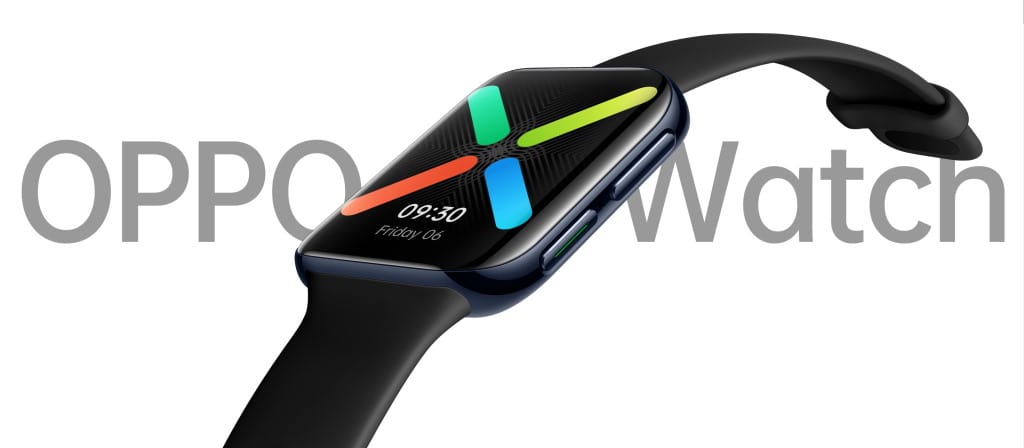
Then there’s the Google Assistant, which hugely extends the functionality and smarts of the watch (I soon got used to saying, “Hey Google, will it rain?”, “Hey Google, navigate to Willis street,” and so on). There are also media controls for music playback or tracks transferred to your watch for listening using paired Bluetooth headphones. Like several other watches, it’s got a built-in speaker that can take a call when paired to your phone. Call clarity was fine. That said, I found the speaker a tad faint in noisy environments, which required I put the watch near my ear to listen and then my mouth to talk.
While there’s no shortage of Wear OS-powered timepieces, few are as well designed as well as the Oppo Watch. Its attractive design marries the pleasing aesthetics of the Apple Watch with access to a vast number of apps in the Android ecosystem. It ticks all the fitness boxes needed and packs 5ATM water-resistance to boot. The Oppo Watch is a fantastic wearable but is held back from a perfect 10/10 because of its limited battery life.
https://www.oppo.com/nz/accessory-oppo-watch/









